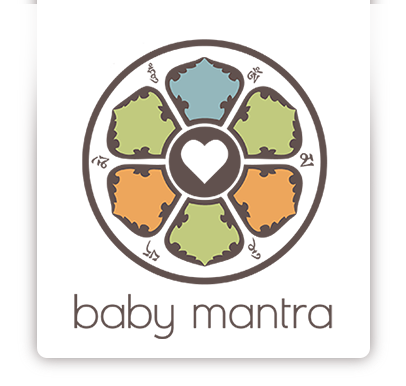Organic vs. Store-Brand: Which Baby Food?
When it comes to what you feed your baby, many parents question which is better: regular or organic baby food. This article helps to cover the topic, explaining the truth about the different types of baby foods.
New Foods
Your baby is now between four and six months of age and up until this point, you have either breastfed or given formula to them. Depending upon their development level, you are in the time frame where you start introducing solid foods to them. Now you have to decide what foods will be the safest for them and have the most nutritional value for their little bodies. Do you go for a store brand, should it be organic, or should I make it at home? Then, do I buy regular fruits and vegetables or the more expensive organic varieties?
Convenience
There are the obvious reasons to buy commercially prepared jars of baby food. They are less expensive than the organic varieties, are conveniently packaged for you, and have everything you need to feed baby. The choices are vegetables, fruits, meats, cereals, and eggs along with boxed cereals containing different grains such as rice, barley and oatmeal. They are convenient, no preparation is needed, and all are made under strict safety guidelines.
A Healthier Alternative?
On the flip side of the argument is that they may contain ingredients not necessary for baby's diet or conducive to their health. Some contain high amounts of sugar and trans fats, and the lids may contain BPA – which is harmful to their immature immune system if the food comes in contact with the lid. Store bought foods also may have acid added to them, listed in the ingredients on the label as ascorbic acid or citrus acid, causing acid reflux. One item of concern in studies is commercially prepared rice cereal for babies because it may be laced with the natural occurring metal – arsenic. Let baby get its iron from oatmeal, cream of wheat or meat, beans or spinach, instead.
The Reality
When it comes to the organic foods, new marketing strategies included squeezable pouches that are a big hit with parents but not the environment, because only the cap is recyclable. It is, however, also sold in jars. Most organic food products that go into baby food comply with certified organic standards. Produce is grown without the use of synthetic pesticides, herbicides or fertilizers. Meats are raised without the use of hormones and antibiotics. By choosing organic, your baby will not be ingesting any of these chemicals. Keep in mind, however, that even though the label says "certified organic" they only have to be 95% organic and if it reads "contains organic ingredients" it only has to contain 70%.
Studies Show
Studies comparing two jars of conventional baby food and one organic found no pesticide level in any of them. Another study showed no nutritional difference between conventional and organic baby foods, but there was a 30% lower risk of pesticide contamination in organic. However, neither exceeded limits set by the Environmental Protection Agency (EPA).
The Verdict
Whether buying conventional, organic, or making homemade baby food where you can control the ingredients yourself; the most important thing should be the nutritional value of the food. Make sure to introduce a variety of flavors and textures to impress baby's palette. Vitamins, minerals, and fiber have more impact on your child's health than the labels organic, conventional, or homemade.
